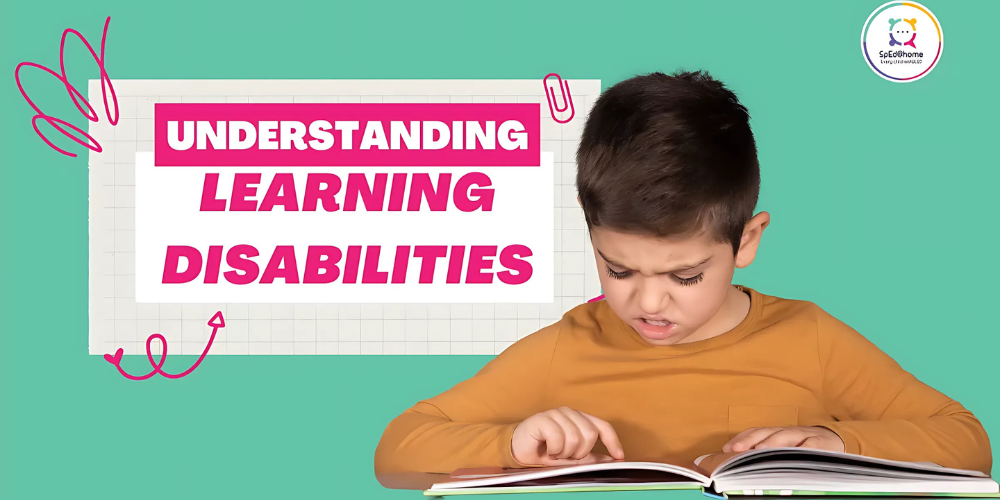
What Are Learning Disabilities?
Learning disabilities (LD) are neurological disorders that affect the brain's ability to process, understand, or respond to information. These challenges can impact a child’s ability to read, write, calculate, or even think critically. While a child with a learning disability may struggle in certain areas, it’s important to recognize that they often have average or above-average intelligence.
Common Types of Learning Disabilities
Dyslexia: Affects reading and language processing skills, making it difficult for children to decode words, spell, and understand text.
Dysgraphia: Involves difficulties with writing, including issues with handwriting, spelling, and organizing thoughts on paper.
Dyscalculia: Affects a child's ability to understand numbers and learn math concepts, making calculations and problem-solving challenging.
Auditory Processing Disorder: Impacts the ability to understand and interpret sounds, leading to difficulties in following directions and understanding spoken language.
Visual Processing Disorder: Affects how the brain processes visual information, making it hard for children to interpret what they see, which can impact reading and math skills.
Signs and Symptoms
Parents and educators should watch for signs of learning disabilities, including:
Difficulty reading or writing compared to peers
Trouble remembering information
Difficulty with organizational skills
Avoidance of tasks that involve reading or writing
Low self-esteem or frustration with schoolwork
Supporting Children with Learning Disabilities
Early Identification: Early intervention is key. If you suspect a learning disability, consult with a specialist for a thorough assessment.
Individualized Education Plans (IEPs): Work with educators to create an IEP that addresses your child's specific needs and outlines appropriate accommodations.
Use of Assistive Technology: Tools like speech-to-text software and audiobooks can greatly support learning.
Positive Reinforcement: Encourage and celebrate small achievements to build confidence.
Encourage a Growth Mindset: Help your child understand that their challenges do not define their intelligence or potential.
Resources for Parents and Educators
National Center for Learning Disabilities (NCLD): Provides resources, support, and information on various learning disabilities.
Learning Disabilities Association of America (LDA): Offers guidance on advocacy, education, and resources for individuals with learning disabilities.
Local Support Groups: Many communities have organizations that offer support and connection for families navigating learning disabilities.